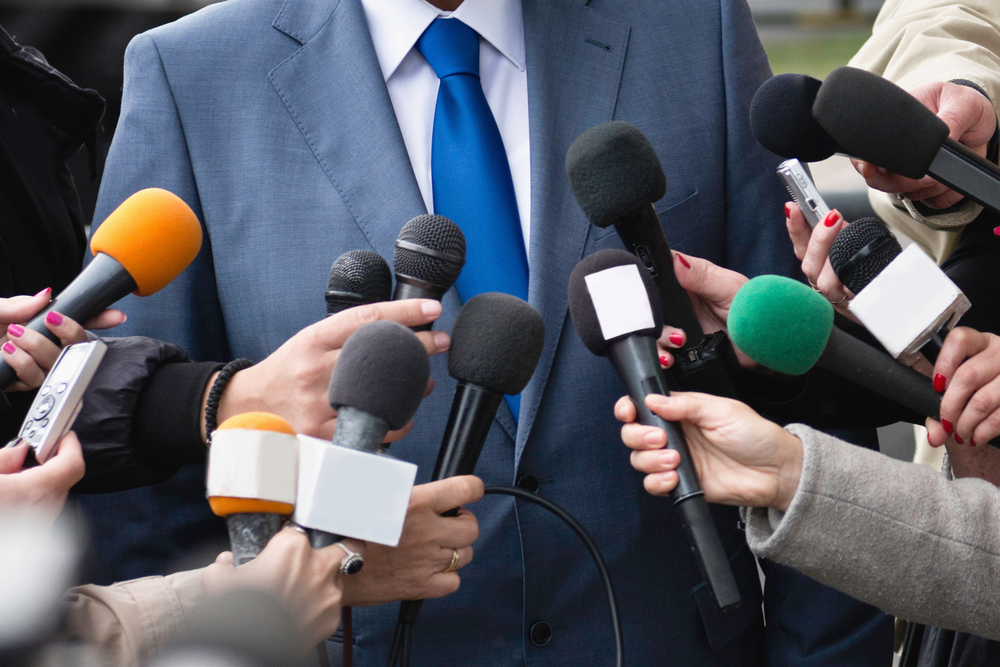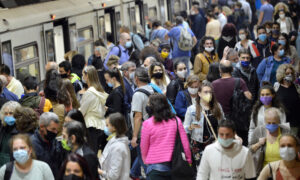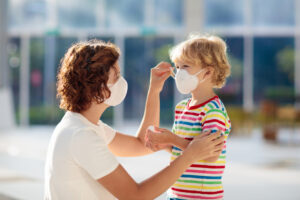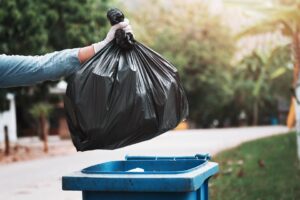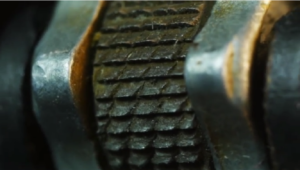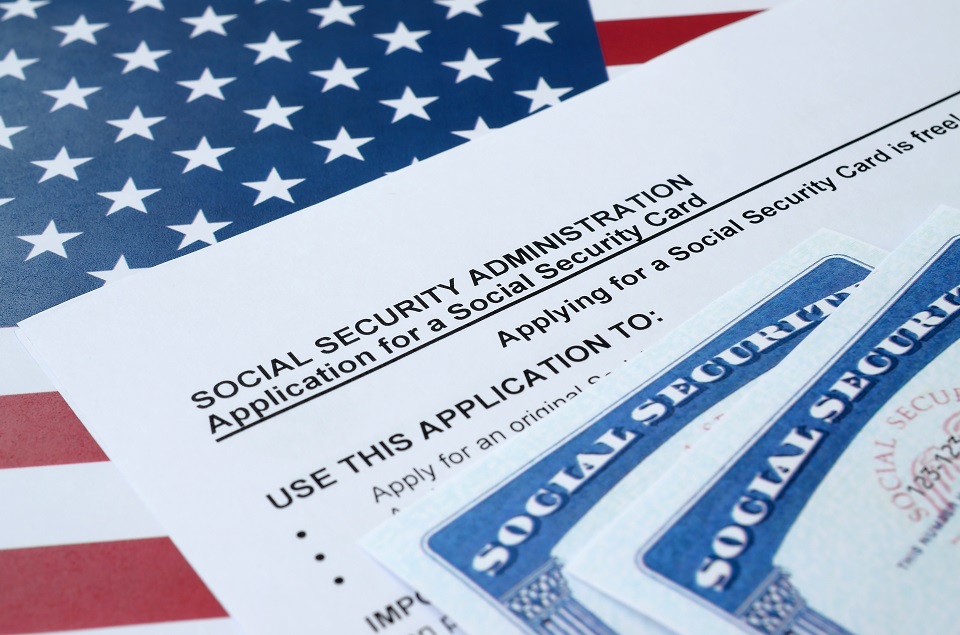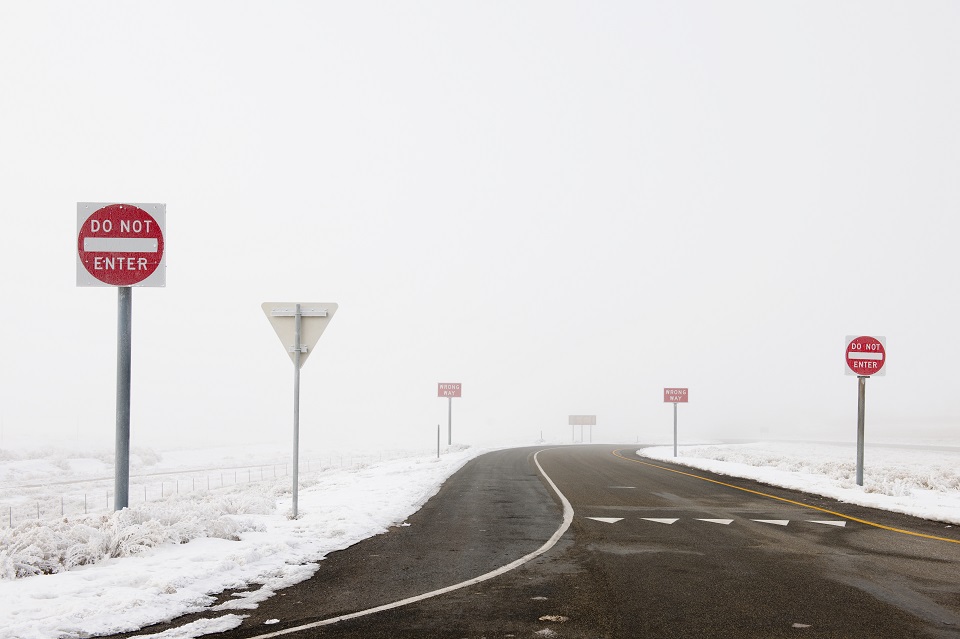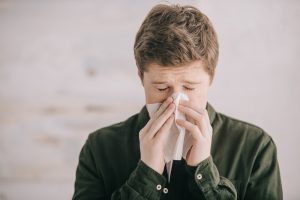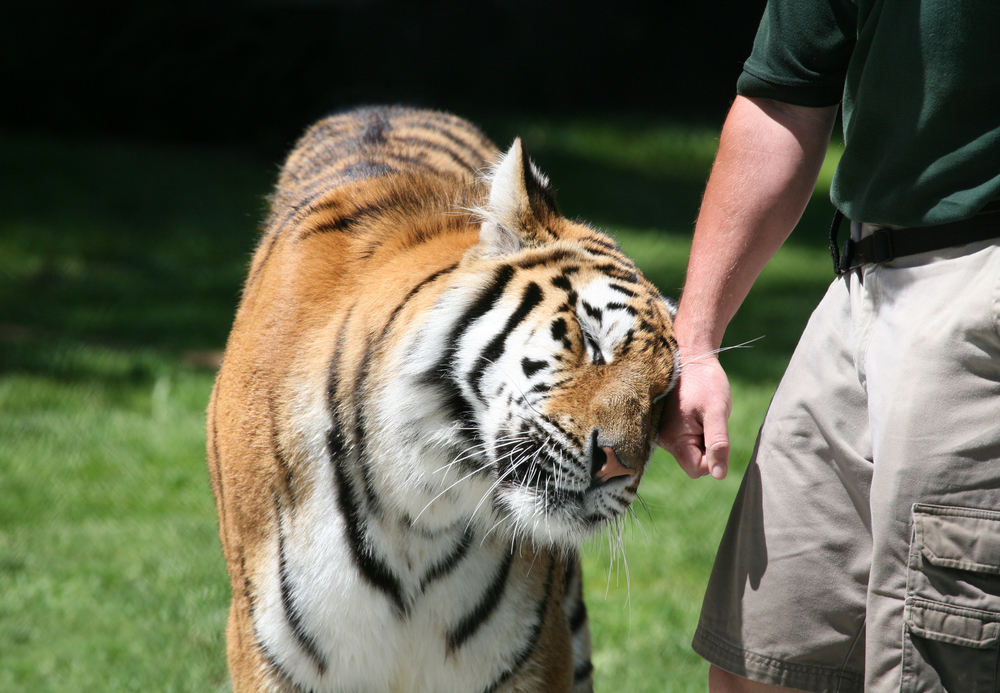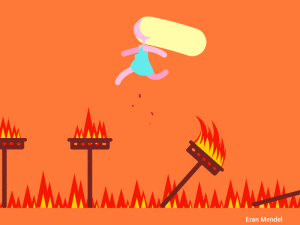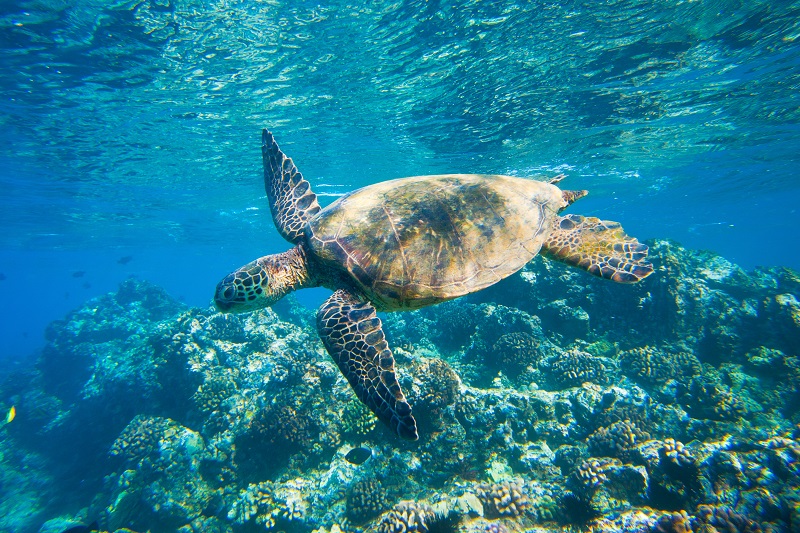
Endangered Species Day is May 15—but all year round you can help animals, even while practicing social distancing. Firstly, now is the perfect time to get informed. Before you can make a difference, you’ll have to comprehend which animals need help and what’s being done to support them. Organizations such as the World Wildlife Fund and the International Union for Nature Conservation have plenty of educational resources to get you going, or you can consider watching documentaries about nature (Planet Earth, anyone?).
The U.S. Fish & Wildlife Service will help you learn more about the species within your region. You can also contact the Alliance Activist Network on Endangered Species to receive action alerts. And don’t forget to share your new experience with friends and family!

Donate money
There are lots of national parks, wildlife refuges, and charities focusing on animals doing excellent work out there, and they rely on donations to keep up. Charity Navigator will help you find a charity that can make good use of the funds. Many organizations often encourage donors to take part in symbolic adoptions which are a great way to include children in your conservation effort.
Can’t afford to give? Try running a campaign on Facebook or on social media. At the very least, you’ll help spread the message about your favorite charity or sanctuary — and you may just end up fulfilling the target of collecting funds while you’re at it.
Reduce your water consumption
Often it can be too hard to hurry along when you are taking a relaxing hot bath. (We’ve all been there.) Luckily there are easy ways to promote water conservation. For example, a family of four will save about 20,000 gallons of water a year by installing a new low-flow showerhead. If you brush your teeth or wash your hair, you can easily turn off the tap.
It can make a bigger difference than you think because having the faucet run for only five minutes uses as much energy as consumes a 60-watt light bulb in 14 hours. Hundreds of species have already become extinct, but having more clean water can help to protect the remaining ones.

Walk instead of drive
A silver lining to the COVID-19 pandemic: All of us are on the road less frequently, so we use less gas and lower the number of emissions we bring in the air. But no matter what happens in the world, before a trip, it’s still important to find the most environmentally friendly transport choices.
Can you go by bike or walk to where you need to go? Often it is inevitable to drive a car; when that’s the case, driving a little slower will save the lives of any animals that might try to cross the street.
Add native plants to your yard
Instead of planting exotic flowers in your garden, find plants and flowers that grow naturally in your yard. They’ll provide essential food and shelter to insects, butterflies, birds, and more. Plants that have not adjusted to the environment can look good, but they do not provide the same benefits for wildlife.
Bonus: Native plants need less water as well, and are more likely to flourish. Visit the National Wildlife Federation or U.S. Plants Database to learn more about your local plants.

Ditch harmful lawn chemicals
We all want our front yards to look nice, but the solution may not be dangerous pollutants. All kinds of animal species are poisoned by pesticides and herbicides, from small creatures such as amphibians to large predators such as hawks and coyotes. (Not to mention that pesticides can also pose a significant danger to children and pets.)
Consider naturally produced pest controls instead; the Environmental Protection Agency (EPA) has ideas to make your lawn environmentally safe. You can help organisms in your region survive by following green practices in your yard.
Shop smarter
The most eco-friendly thing you can do is generally buy fewer items. So if you choose to purchase something, opt for reusable items over single-use ones, and consider purchasing goods made from recycled or sustainable materials.
(Advice: Seals from trusted third parties-such as Fair Trade Certified or GreenGuard Certified-will help you determine which products really make a difference.) Don’t forget to recycle the product when you’re finished!

Pick up trash
This one may seem evident, but it is very important. Soda cans, plastic bags, old gum, and other trash items on the ground can easily injure or kill animals. You can help by picking up the trash near your home. Call all of your friends and family members, grab some gloves and reusable bags and pick up any piece of trash that you can find.
Recycle anything you can, and properly dispose of the remaining when you get home. You’ll be doing a good thing for the environment.
Dispose of waste properly
When you’re doing chores around the house, it may seem the quickest option to dump substances like paint, furniture polish, or other harmful substances down the drain or throw them in the trash.
But in fact, those items are harmful to both humans and wildlife. Check out the EPA’s guide on handling hazardous household waste to make sure you get rid of products safely.

Use less paper
Seek to stop unnecessary paper use, whenever possible. You can start by making cloth napkins, opt for digital bank statements, try double-sided printing, and avoid using paper plates and cups for single use. You can also notify junk mailing companies to get your name off their lists.
(Another perk: less unwanted pieces of mail blocking your mailbox!) And recycle whatever you can, of course. According to the World Wildlife Fund, recycling one ton of paper saves 7,000 gallons of water, 3 cubic yards of landfill space, and 4,100 kilowatt-hours of electricity. Through preserving trees, you protect the biodiversity and the animals living within them.
Speak up
You’ve made plenty of small improvements to make sure your daily life is more environmentally conscious. Nice job! But it’s also important that society develops more healthy practices as a whole. Write to your local lawmakers using all of your newfound information to explain why endangered species need our help.
(Wildlife defenders have tips and sample templates.) You can also sign petitions, support social media non-profits, and speak to family and friends about why we need to protect endangered species.




